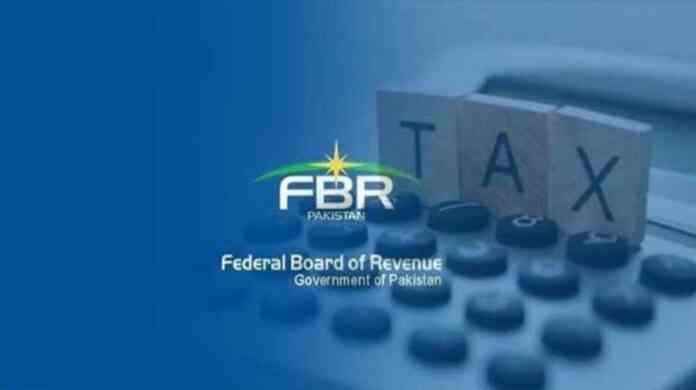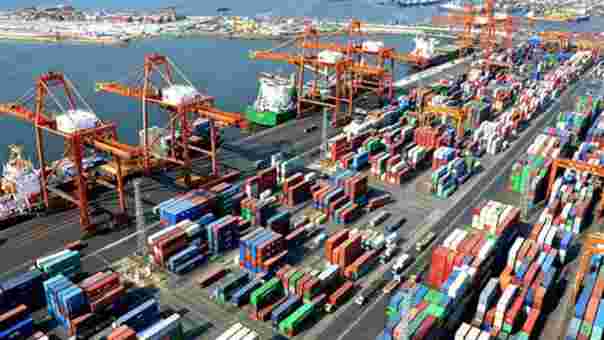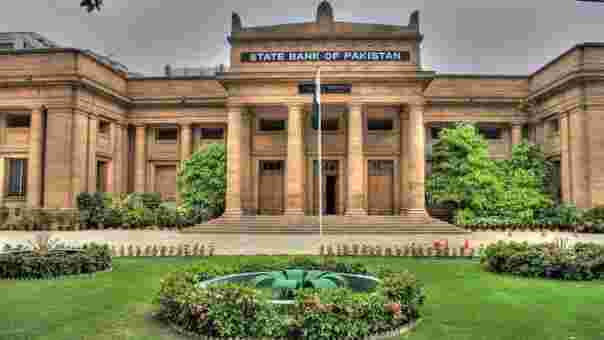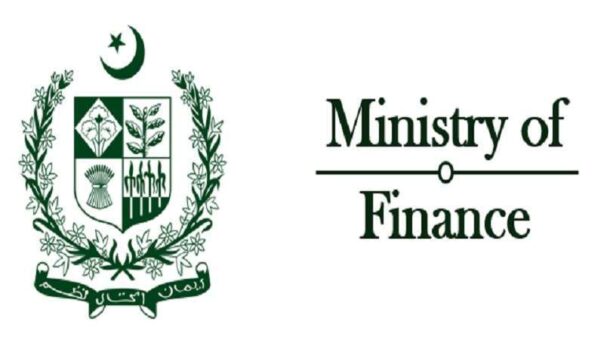Islamabad, June 10, 2025 – The Federal Board of Revenue (FBR) has granted substantial sales tax exemptions on petroleum products during the fiscal year 2024–25, amounting to a staggering Rs1.80 trillion.
This figure marks a sharp increase of 34.23% compared to Rs1.34 trillion in sales tax exemptions recorded during the previous fiscal year, according to the recently released Economic Survey of Pakistan.
The FBR’s sales tax exemption policy continues to focus heavily on petroleum products to mitigate the impact of rising fuel prices on the general public. Of the total Rs1.80 trillion exemptions, approximately Rs1.50 trillion were provided on the local supply of petroleum products. This reflects a 19% growth over the Rs1.26 trillion in similar exemptions recorded in FY 2023–24.
More striking, however, is the increase in sales tax exemption at the import stage. The exemption granted on imported petroleum products surged by a massive 270%, reaching Rs300 billion in the current fiscal year, compared to just Rs81 billion in the prior year. This substantial growth underscores the government’s effort to maintain price stability by easing the tax burden on imported fuels.
Despite these generous sales tax exemptions, the government has pursued an aggressive strategy in collecting petroleum levies. According to official data released by the Ministry of Finance, petroleum levy collections reached Rs834 billion during the first nine months (July–March) of FY 2024–25, registering a 16% increase from the Rs720 billion collected during the same period last year.
The petroleum levy remains a vital source of non-tax revenue, helping the government bolster its fiscal capacity. Unlike sales tax, which is partially waived to provide relief, the petroleum levy is imposed directly and uniformly, ensuring consistent revenue generation.
The federal government’s dual strategy—offering sales tax exemption on petroleum products while simultaneously increasing petroleum levies—reflects a balancing act aimed at sustaining public relief without compromising on much-needed revenue. This approach continues to shape Pakistan’s fiscal policy in the energy sector as it seeks to maintain economic stability amid global price fluctuations.








